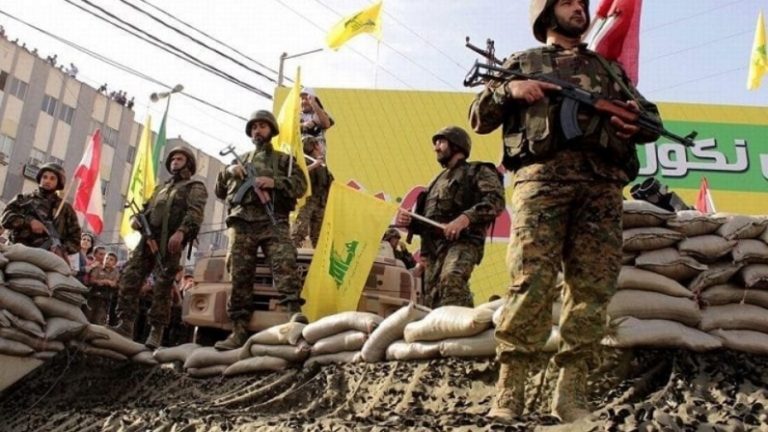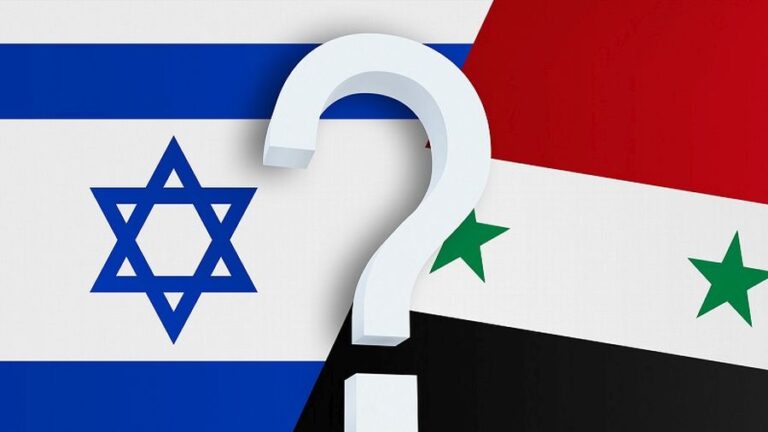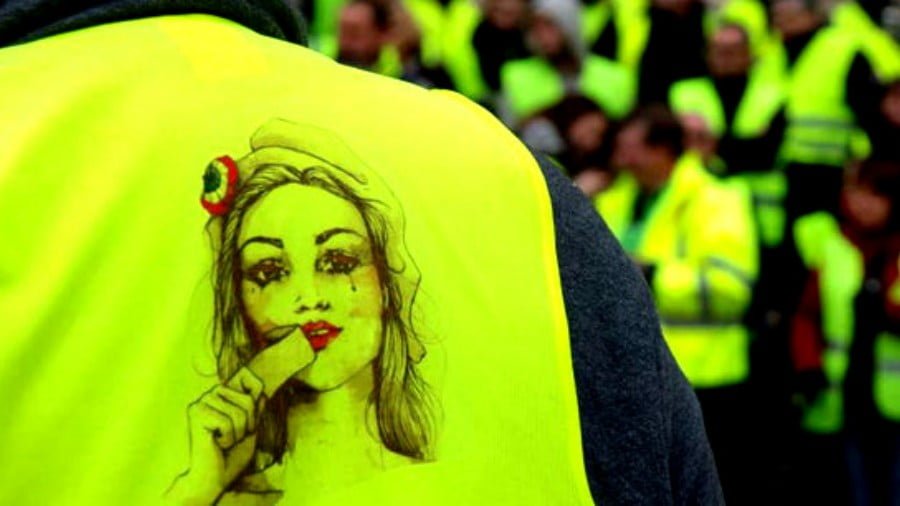Ukraine Obliterates Other Stories: Only the Villains Can Win
With events in Ukraine having obliterated other stories it is worth noting that truckers are still driving from California to DC, but other regular people have totally forgotten about the convoy, the virus, and the vaccine, etc. The war ended the pandemic overnight. Everyone is now proffering an opinion on who started it, who is trying to achieve what, who will suffer most, and who will benefit most from the conflict.
The main winners in the short term will be budding foreign affairs journalists who want to make names for themselves. The established figures will either be repeating the same things or scrambling to justify previous errors of judgment, if they are allowed any room for independent thought. New faces, perhaps even figures accidentally caught up in the action, will have the licence to write anything which gets headlines. If that rather than truth is the aim, the less experienced figures, who won’t have sources to keep sweet or need to know their subject too deeply, will rise to the fore.
Prince Andrew must also be quietly relishing Putin’s move. After all the headlines about his payoff to Virginia Guiffre, what it implies about his past and future and where he got the money, he must be glad to see someone else the centre of attention and opprobrium. There is no suggestion Andrew actually started the war, but there are many who will question why the press will seize this opportunity to brush another royal scandal, which all have far greater significance for states than the mere facts suggest, under the carpet.
A lot of other obvious suspects also benefit – military-industrial complexes, arms suppliers, politicians who are no good in peacetime but come to prominence in wars. But there is one group of people who benefit more than any other, not because they are clever, but because we let them get away with it.
War makes things simple, however complex the conflicts themselves may be. People follow wars for the same reason they hanker after quiet lives in villages where everyone knows their place – as we saw in the Iraq War, which wasn’t so simple, and faced much public hostility because it didn’t give people the moral certainties they wanted it to.
For a little while, we can all live simple lives again. We can consume everything our chosen media tell us without having to question it, and feel ourselves justified by accidents of birth.
But ultimately it won’t be the general population which benefits from this contrived simplicity. It will be all those the general public wouldn’t want to benefit from it – proving once again that in war, it is the losing side which ultimately ends up with better consequences.
Black and White and Oil and Water
The narrative of this conflict is easy to understand: Russia is the enemy, Ukraine the friend. If you have Ukrainian connections, you are on the side of those poor suffering people. If you have Russian connections, you are in league with the enemy in some unspecified way.
Perhaps that is fair enough in times of conflict, even a conflict few are really interested in except as a flag-waving exercise for themselves. The problem is not that people start to think that way, but that is where thinking ends.
There are many other ways of distinguishing right and wrong, good and bad, who you should support and who you should resist. Laws provide a framework. Religion, morals and societal ethics and give pointers, and usually these factors determine whether individuals, or courses of action, are appropriate at a given time.
Now all that is out of the window, at least for as long as such a high profile conflict goes on, the only measure of good and bad will be how Russian somebody is perceived to be. More complex measures will be ignored for as long as this is the only game in town.
How do you win such a game? Perhaps by being more anti-Russian than the next person, provided that you have anything to actually offer, no matter how anti-Russian you are, these positive ideas and skills must predominate. If your only response to everything is to get rid of everything Russian, you will get support but not achieve anything of value, as in the old American political saying, “there is no Democratic or Republican way to sweep the streets”.
After all the anti-racist rhetoric poured down our throats without explanation of why this is the right way to behave, even though it undoubtedly is, we are entering a period where overt racism will be the only way to the top. A new set of public enemies are in town: not those who are inclusive and liberal rather than exclusive and nationalistic, but those who can be branded as pro-Russian, however inaccurately, for whatever pretext.
This process has already begun with the vile Mr. Nigel Farage. Finding reasons to complain about Farage is as easy as shooting fish in a barrel. His malicious lies about Europe and everything not English have had such a pernicious effect on his country, even in the eyes of previously prominent supporters of his, that his CV would be regarded as criminally liable defamation of character if attached to someone else’s name.
But Farage thinks that the EU is responsible for the conflict in Ukraine, and has said so publicly. Ordinarily, such a position would be met with hearty cheers by the Brexit Masochistic Machismo Squad. But now it is those same supporters are branding him as being pro-Russian, and that, in itself, has obliterated any argument about whether people like the EU or not.
Farage must now be bad not because of everything else he has done, but because he is considered pro-Russian. People on either side of the fence on the issues he has been associated with now have a common prism through which to view him. Both can condemn him as pro-Russian to avoid their own arguments, which are increasingly fatalistic on either side as everyone loses. Now the sole criterion for judging Farage will be whether you are prepared to put up with his apparent Russophilia, and therefore whether you see him as bad, or flawed, or misguided.
You will be able to get rid of anyone you don’t like by proving them Russian in substance or sympathy. You won’t have to offer a single positive thing of your own, and all the positive things the people judged pro-Russian may have done won’t help them. Real life will have no meaning, and any sacrifice will be acceptable to remove the stain of Russianness from our midst – provided those sacrifices are made by the general public, not those who they will now entrust to lead them.
Alleged Russian Money Breeds American Money
You would imagine that someone given the first name “Alexander” who has spent his professional life calling himself by the middle name “Boris” would be a prime target for suspicion of Russian connections. Indeed it is surprising he wasn’t declared persona non grata when he started using that name, during Cold War times – maybe all the jokiness is a means of trying to laugh off suspicions over his very convoluted origins, and the inherent corruption is designed to win friends in high places for the same reason.
Boris Johnson is making the usual noise about this war, and as usual no one takes him seriously. The United Kingdom used to be one of those countries whose diplomatic intervention carried weight, but not now, and certainly not as long as he is in charge.
Johnson is clinging to office by a thread, after all the stuff about illegal parties and Brexit blowing up in his face. Many in his own party are amongst those most desirous to see the back of him. Many of these are now drawing attention to his attempts to suppress, and then run away from, the so-called “Russia Report” into alleged Russian interference in the Brexit referendum.
But wouldn’t he want this? His party is alleged to have been accepting Russian money for years, so anyone from his own side who speaks against him over this issue can be portrayed as a tainted witness. Similarly, anyone who speaks against him over any other issue can be dismissed as someone who is only doing that to disguise what is now a greater crime, i.e. being financed by that same money as a Conservative candidate.
If BoJo is going to be forced out, as he has been in other jobs and is expected to be from this one sooner or later, suspected complicity with Russia provides the ideal excuse. But if that happens, he can link everything back to that.
If BoJo is removed over anything to do with Russia he will make a fortune on the US lecture circuit when it’s all blown over. No one will be interested in his serial lying and lawbreaking, the dodgy contracts to party donors, the wholesale attack on everything the United Kingdom and its democracy are supposed to stand for in order to con the public that those rules are persecuting them, and he is on their side.
Those crimes will continue under someone new, and less visibly, for as long as that person is perceived to be less Russia-oriented. The words will change, but the actions will be the same, because BoJo has made sure that only his gang have any levers, and they have pulled too many of them to back out now and implicate themselves.
The present British royal house is called the House of Windsor, rather than its original name, the House of Saxe-Coburg-Gotha, because King George V gave up that name, and all his many German titles, during World War One. He didn’t do this as soon as war was declared, but they became an embarrassment as time went on. If he hadn’t have acted, he may have destroyed the monarchy, as his cousin the Kaiser did by being on the losing side – not because he lost, but because he represented an enemy which had to be cleansed of its past.
Loud Vows of Silence
The more crimes you know you have committed, the more you will want to see people dying in Ukraine, or any other hotspot you don’t have to go to yourself. A number of wars have been fought to cover crimes which would otherwise carry penalties – such as Mikheil Saakashvili laundering illegal arms sales through the Russia-Georgia war of 2008. It is not a question of needing more popular support, but of minimising the crimes which have eroded that support, or would if they were exposed.
If everything is reduced to what side people are on in the Russia-Ukraine conflict the ones who profit most are the ones under the greatest threat, real or imagined, the rest of the time. All conflicts have two sides, even if one has a far greater degree of truth and moral justification behind it than the other. No one will be able to resolve any conflict peacefully if it is all us and them; one side is uniformly praised and the other exclusively condemned.
International pariahs have come and gone. The white minority regime of Ian Smith in Rhodesia was one considered the worst on earth, due to its racist nature and unilateral declaration of independence designed to maintain white rule forever. Rhodesia was subject to long lasting sanctions, though everyone knew they must be being broken, until the unilateral regime was forced out by international pressure in 1980, through fully participatory democratic elections, whatever their faults.
Many white Rhodesians objected to being portrayed as racist then, and to being remembered as such today. Despite their connections with the far right in Europe, they maintained that in the local context their views should not have been seen as unacceptable.
Blacks were second-class citizens (or not citizens at all), but still financially better-off than what were the vast majority in most of Africa. Voting rights were based on levels of tax contributions, a law which also disenfranchised poor whites. If other British colonies with little experience of self-government were granted independence because they were run by blacks, but Rhodesia, which had successfully governed itself for decades, was not granted it because it was run by whites, who were the racists in Rhodesian eyes?
In the real world, such arguments have no merit. But no one would engage with them because everything the other side said must be bad. That is why the white regime lasted as long as it did, and why a lot of very dubious business persons, such as arms dealers, gained the most from its continuance.
The Russian conflict with Ukraine will be used to make everything simple enough to prevent people asking too many hard questions of those who will most benefit from it. Whichever side you are on, you will be expected to be part of the same process.







